The Constitution Change Conundrum: A Nation Divided On Constitutional Reform
The Constitution Change Conundrum: A Nation Divided on Constitutional Reform
Associated Articles: The Constitution Change Conundrum: A Nation Divided on Constitutional Reform
Introduction
With enthusiasm, let’s navigate by way of the intriguing subject associated to The Constitution Change Conundrum: A Nation Divided on Constitutional Reform. Let’s weave fascinating data and provide contemporary views to the readers.
Desk of Content material
The Constitution Change Conundrum: A Nation Divided on Constitutional Reform
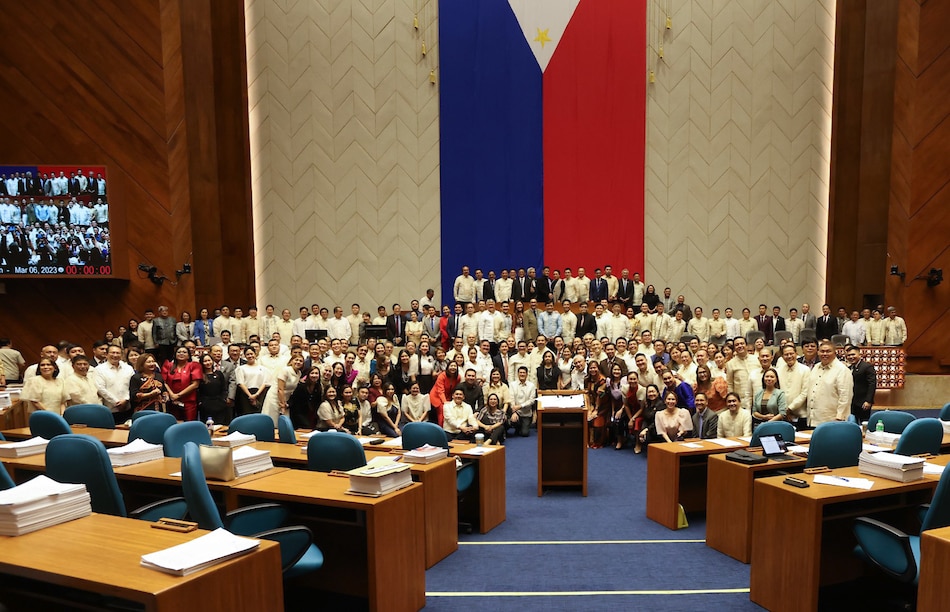
The query of constitution change, or amending the Philippine Structure, is a recurring and deeply divisive situation within the nation’s political panorama. Whereas proponents argue that amendments are essential for addressing long-standing issues and fostering financial progress, opponents specific considerations about potential abuses of energy and the erosion of democratic safeguards. This advanced debate necessitates a radical examination of the arguments on either side, contemplating the historic context, potential penalties, and the very nature of the constitutional framework itself.
Historic Context and the 1987 Structure:
The 1987 Structure, crafted within the aftermath of the Marcos dictatorship, represents a major departure from earlier iterations. It enshrined democratic rules, human rights, and a robust emphasis on civilian management of the army. Nevertheless, the doc, like every structure, just isn’t static. The framers themselves anticipated the necessity for future amendments, incorporating a mechanism for revisions by way of a constitutional meeting or a folks’s initiative. This built-in flexibility displays an understanding {that a} structure should evolve to fulfill the altering wants of a nation.
The talk surrounding constitution change just isn’t a brand new phenomenon. Earlier makes an attempt at constitutional amendments have met with various levels of success and failure, usually entangled in political maneuvering and accusations of self-serving motives. This historic baggage contributes to the inherent skepticism surrounding any proposal for important constitutional adjustments. The concern of a repeat of previous abuses, the place amendments have been used to consolidate energy or circumvent democratic processes, fuels the resistance to any reform efforts.
Arguments in Favor of Constitution Change:
Proponents of constitution change usually level to particular financial and political points that they consider can solely be successfully addressed by way of constitutional reforms. Key arguments usually embody:
-
Financial Growth: A typical argument facilities on the necessity to appeal to extra international investments and stimulate financial development. This usually entails enjoyable restrictions on international possession in sure sectors, a change that requires constitutional amendments. Proponents argue that larger international participation can result in job creation, technological developments, and improved infrastructure. They contend that the present restrictions stifle competitiveness and restrict the nation’s potential for financial prosperity.
-
Political Reform: Some argue that the present political system suffers from inefficiencies and vulnerabilities to corruption. They suggest amendments to handle points like political dynasties, time period limits, and the construction of presidency. For instance, shifting to a parliamentary system or introducing stronger anti-dynasty provisions are incessantly cited as potential options to entrenched political energy constructions.
-
Addressing Socio-Financial Inequalities: Constitution change proponents may advocate for amendments to raised deal with problems with poverty, inequality, and entry to primary providers. This would possibly contain provisions for larger social justice, land reform, or strengthening mechanisms for shielding the rights of marginalized communities.
-
Updating Out of date Provisions: Sure provisions of the 1987 Structure could also be thought-about outdated or irrelevant within the present context. Amendments could possibly be mandatory to handle technological developments, altering social norms, or rising international challenges. As an example, provisions associated to cybersecurity or environmental safety would possibly require updating.
Arguments In opposition to Constitution Change:
Opponents of constitution change increase a lot of counterarguments, usually emphasizing the potential dangers and destructive penalties of amending the structure. These embody:
-
Danger of Abuse of Energy: A main concern is the potential for these in energy to use the modification course of for self-serving functions. The concern is that amendments could possibly be used to increase time period limits, weaken checks and balances, or undermine democratic establishments. The historical past of previous makes an attempt at constitution change fuels this apprehension.
-
Lack of Public Consensus: Critics argue that there’s inadequate public assist for important constitutional adjustments. They contend that the talk lacks transparency and real public participation, resulting in an absence of knowledgeable consent. With out broad-based assist, any amendments danger being illegitimate and destabilizing.
-
Unintended Penalties: Amending the structure is a posh enterprise with potential for unintended penalties. Critics warn that adjustments made with good intentions might have unexpected destructive impacts on different elements of the political and authorized system. They advocate for warning and a radical evaluation of potential dangers earlier than embarking on any main constitutional reform.
-
Distraction from Urgent Points: Opponents argue that specializing in constitution change distracts from extra urgent points that require fast consideration, equivalent to poverty alleviation, healthcare reform, and schooling enhancements. They counsel that restricted assets and political capital needs to be prioritized on addressing these fast wants relatively than enterprise the doubtless prolonged and divisive means of constitutional reform.
-
Weakening of Democratic Establishments: Some argue that sure proposed amendments might weaken democratic establishments and checks and balances. For instance, adjustments to the construction of presidency or the composition of the judiciary might probably focus energy within the fingers of some, undermining the precept of separation of powers.
The Path Ahead: Balancing Reform and Stability:
The talk surrounding constitution change highlights the inherent stress between the necessity for constitutional reform and the crucial to protect stability and democratic establishments. Discovering a path ahead requires a nuanced method that addresses legit considerations whereas exploring avenues for significant progress. This would possibly contain:
-
Transparency and Public Engagement: Any dialogue of constitutional amendments should prioritize transparency and significant public engagement. This consists of making certain entry to data, fostering open dialogue, and actively soliciting public enter by way of numerous channels.
-
Cautious Consideration of Potential Penalties: A radical and complete evaluation of the potential penalties of any proposed amendments is essential. This requires skilled evaluation, public hearings, and a sturdy debate that weighs the potential advantages in opposition to the potential dangers.
-
Consensus-Constructing: Reaching a broad consensus on the necessity for and the character of any constitutional amendments is important for making certain legitimacy and stability. This requires dialogue, compromise, and a willingness to search out frequent floor amongst various stakeholders.
-
Phased Strategy: As a substitute of enterprise sweeping adjustments, a phased method could be extra acceptable. Addressing particular points by way of focused amendments could possibly be much less disruptive and fewer liable to unintended penalties.
The talk surrounding constitution change within the Philippines is much from settled. It displays a deep-seated wrestle between the will for progress and the necessity to safeguard democratic rules. Navigating this advanced situation requires cautious consideration, broad-based participation, and a dedication to discovering options that stability the necessity for reform with the crucial to guard the nation’s hard-won democratic beneficial properties. The way forward for the Philippine Structure, and certainly the nation itself, hangs within the stability.
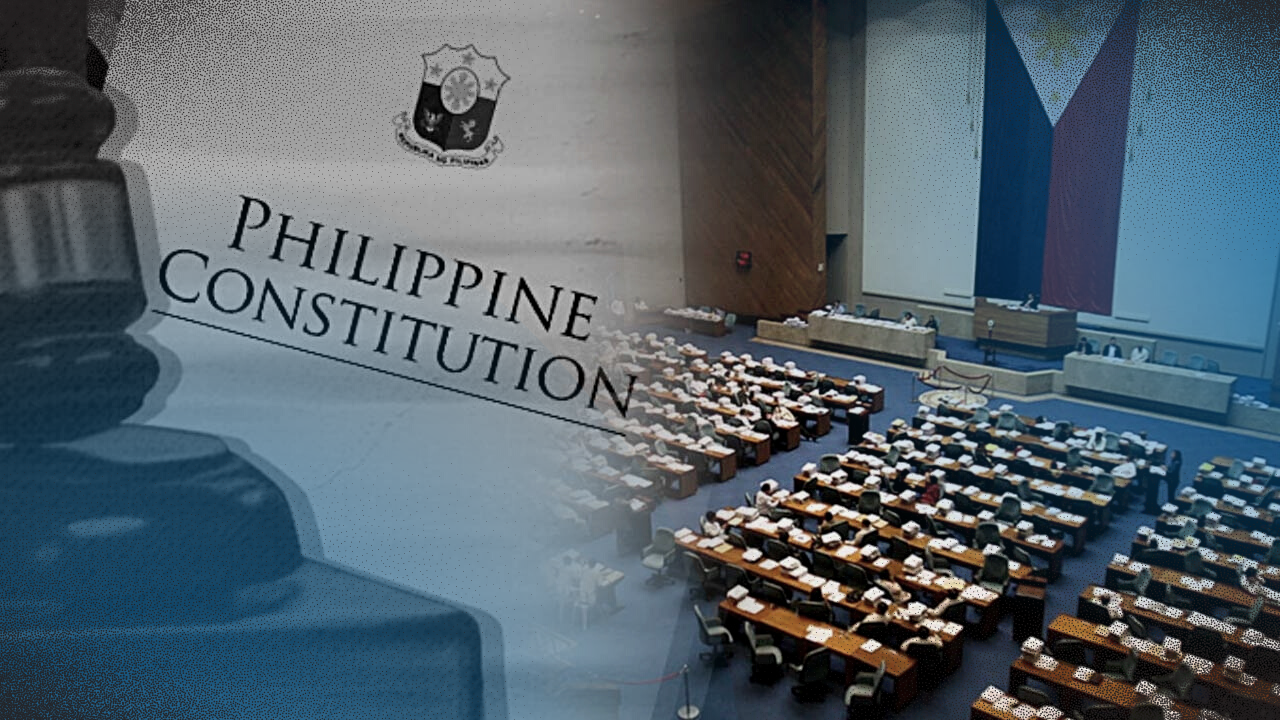
![[OPINION] Here we go again with charter change](https://www.rappler.com/tachyon/2023/03/TL-chacha.jpg)



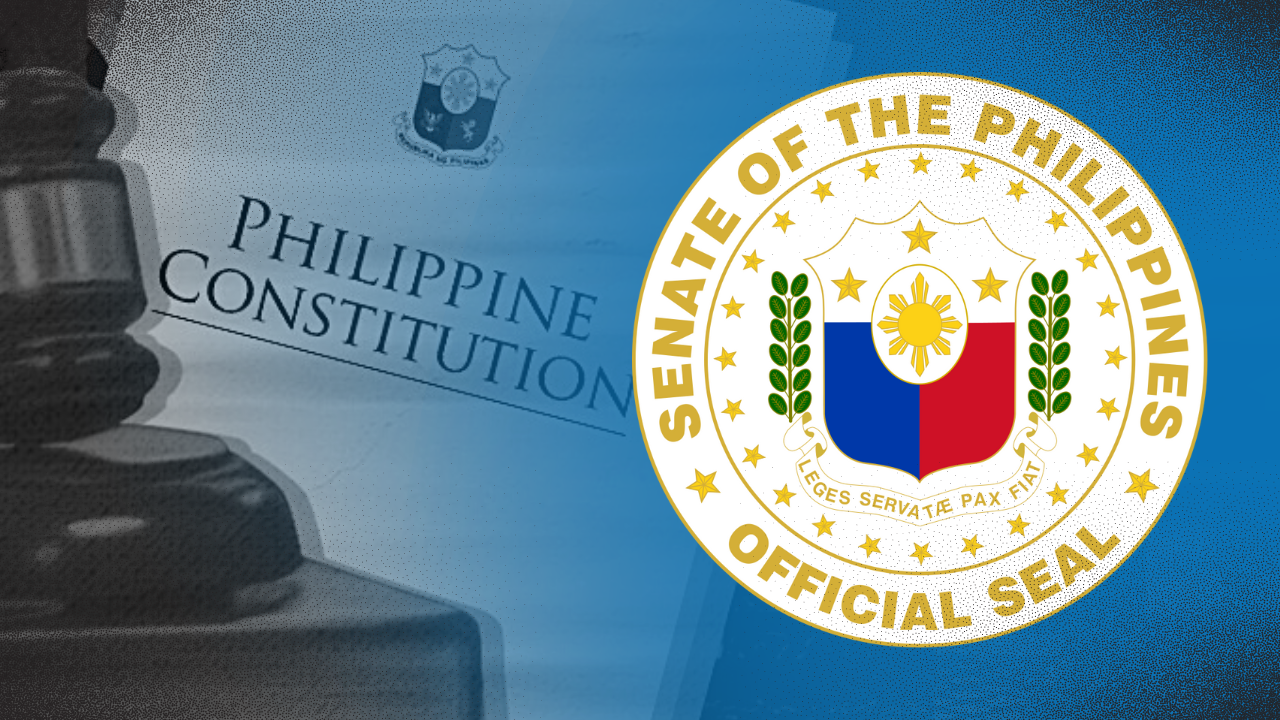
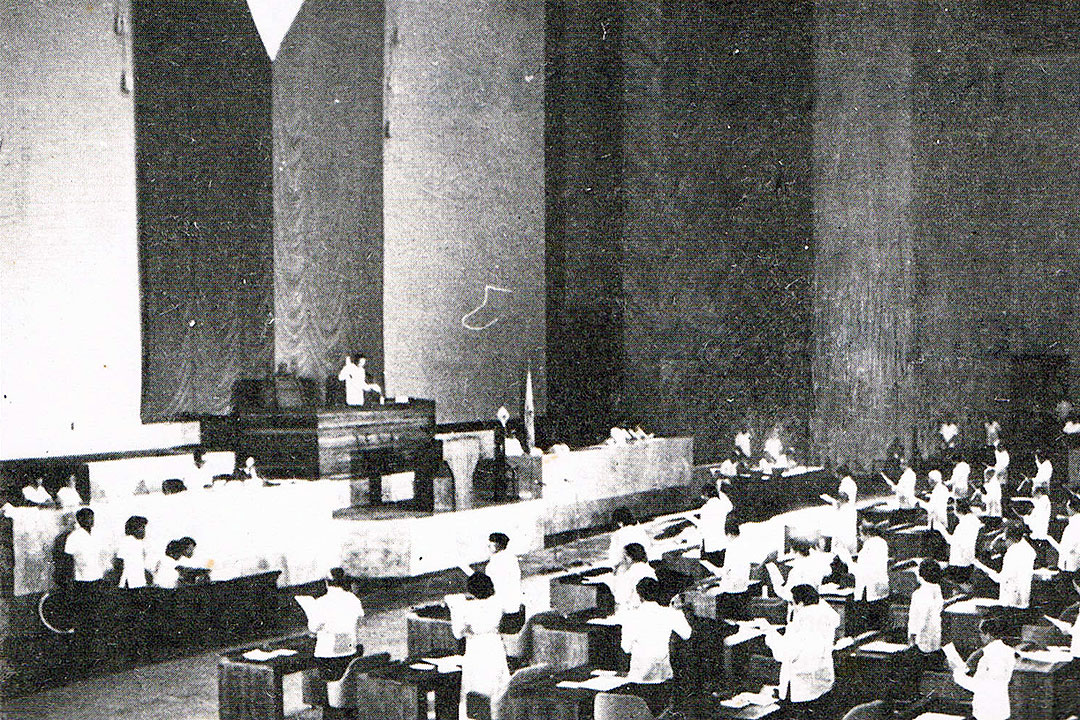
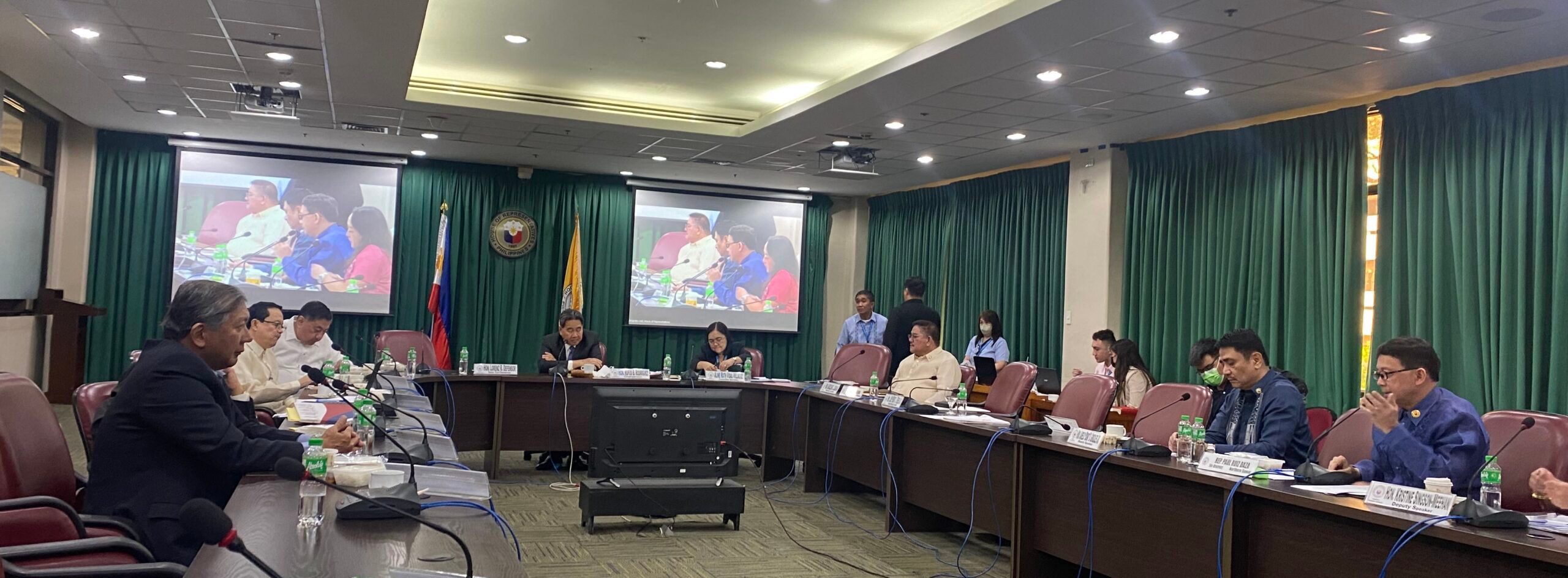
Closure
Thus, we hope this text has offered useful insights into The Constitution Change Conundrum: A Nation Divided on Constitutional Reform. We hope you discover this text informative and helpful. See you in our subsequent article!